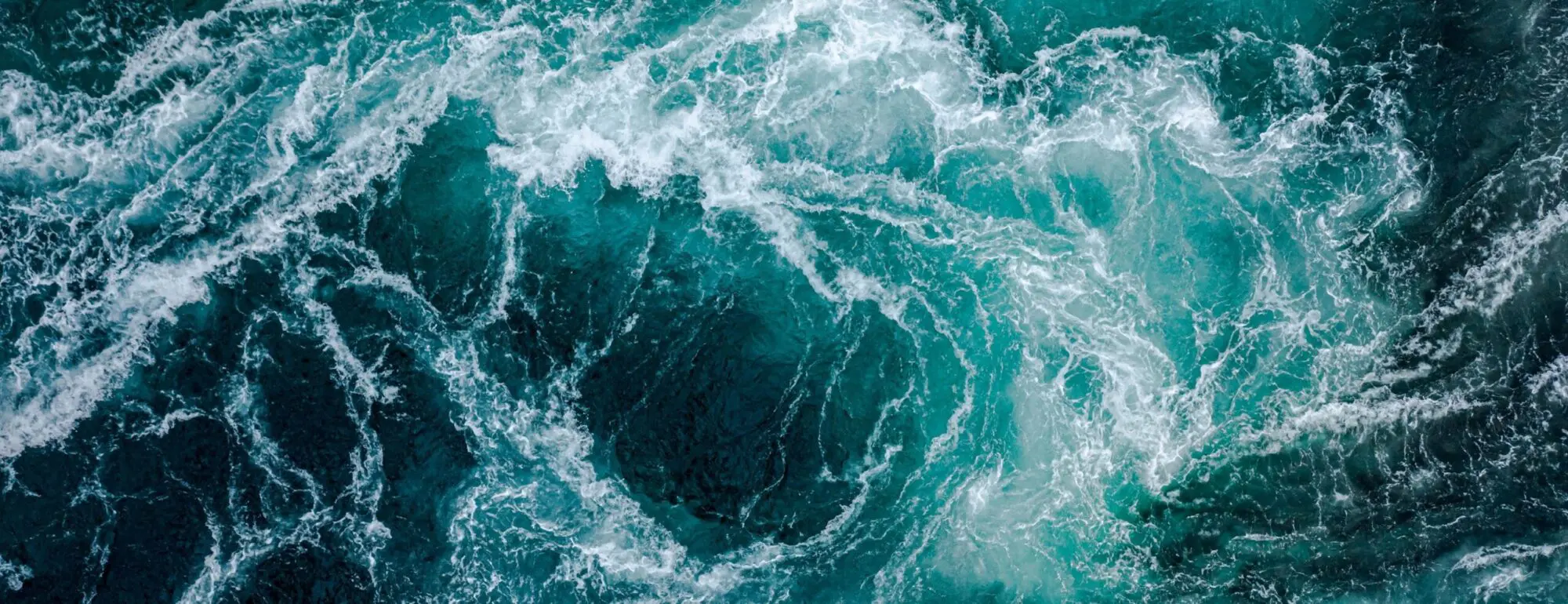Celebrating World Oceans Day

Today, alike every 8 June, is World Oceans Day! This day is not only essential to recognise the need to protect our oceans but also provides a reminder that we must act to conserve our oceans now.
Whilst celebrating how amazing they and the marine life within them are, of course!
Why do we have a day for our oceans?
The role our oceans plays in supporting the health our planet is incredibly significant and should never be overlooked when discussing the environmental issues threatening our planet. To have a healthy earth, our oceans must foremost be healthy.
This year’s theme is “Revitalization: Collective Action for the Ocean”. Striving to unite everyone to come together collectively to make positive impacts and changes to restore vibrancy to our oceans. There could not be a more needed time for this day, as the issues facing our oceans health are at a tipping point.
Impacts of Plastic Pollution on our Oceans
Marine life relies on existing in a healthy ocean. This day inevitably highlights the negative impacts humans’ actions are having on our oceans and the life within it. Plastic pollution and unsustainable practices are damaging our oceans and ultimately whole marine ecosystems. Our oceans have arguably suffered the most detrimental impacts of plastic pollution. 100,000 marine mammals are killed annually as an impact of marine plastic pollution (WWF, UK Government, 2018).
Can you imagine a world without turtles? It is becoming a concerningly realistic future, with 3 of 7 existing sea turtles species already critically endangered. Plastic pollution is one of the key causes of death for these remarkable creatures. The consumption of even one piece of plastic can cost turtles their lives with 22% chance of dying. Increasing to a 50% likelihood of dying if they had 14 plastic items in their gut. Find out more about the impacts of turtles here.
Unsustainable fishing practices are unfortunately also damaging our marine life. The single biggest killer of dolphins, porpoises and whales is fishing gear. Dolphins, porpoises and whales breathe air, like you. More than 1,000 dolphins, porpoises and whales die by getting caught in fishing nets or ropes, being unable to reach the surface to breathe and suffocating to death. It is a dreadful way to die. This shouldn’t be happening to our incredible marine animals. Find out how Whale and Dolphin Conservation are working on to prevent these horrible deaths.
How are we contributing to making our oceans cleaner, safer and more sustainable?
Numerous of our innovation challenges have previously and currently been dedicated to improving environmental issues that negatively impact and threaten our oceans in some way.
Diffuse Coastal Pollution Challenge
Our Diffuse Coastal Pollution Challenge was focused on finding solutions that contributed to improving the problem of diffuse pollution in our oceans. We believe this challenge to be a success, due to the winning companies providing promising solutions. Want to hear how these solutions have evolved? We will be catching up with the winners soon to find out how they have actioned their ideas and benefitted from winning the challenge. Stay up-to-date with our challenge outcomes through our blog and newsletters.
Plastic Coastal Pollution Challenge
As emphasised previously, plastic coastal pollution is an ever-increasing threat for our oceans. We strongly believe that we cannot stand still and watch our oceans suffer, more must be done. Thus, we are running a challenge to help find a sustainable solution. Find out more and how you can be involved here.